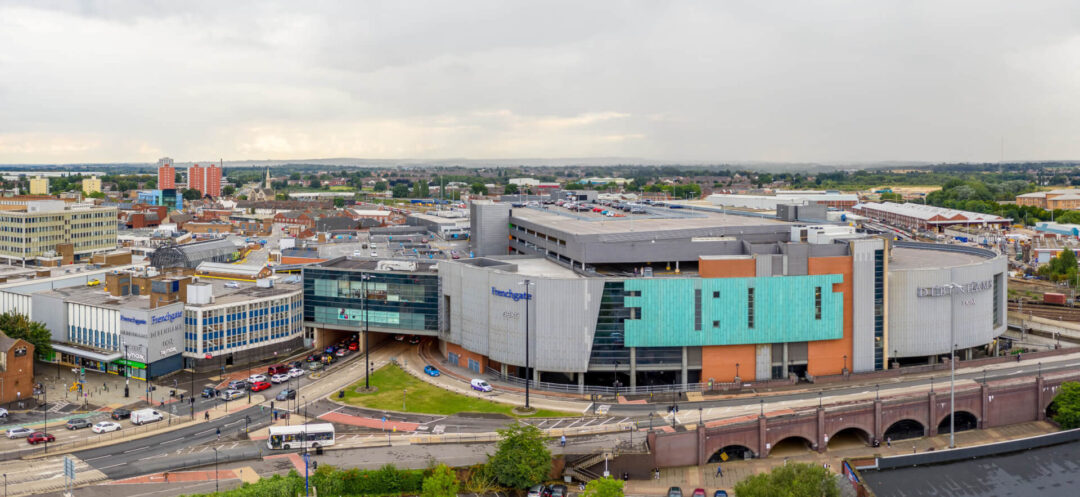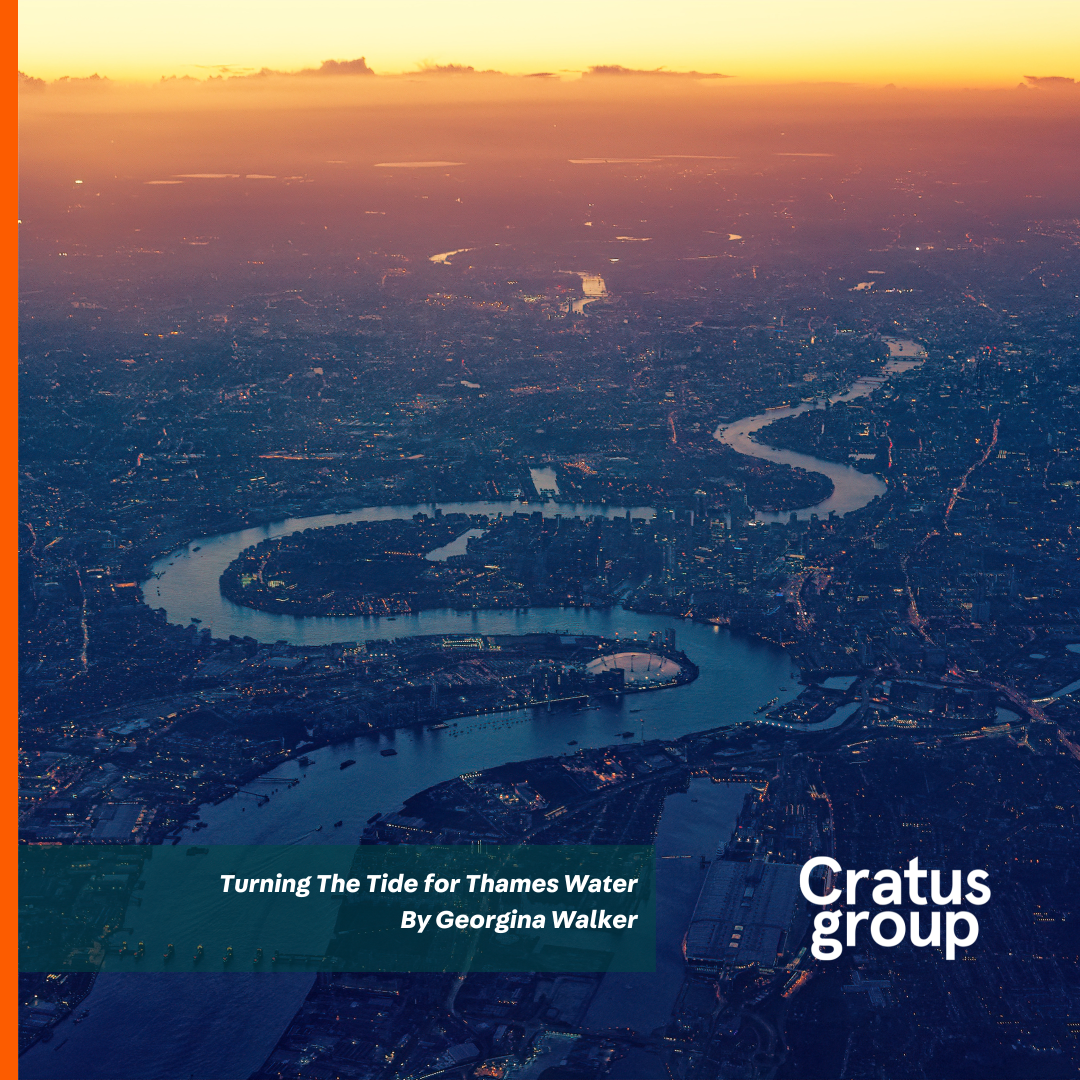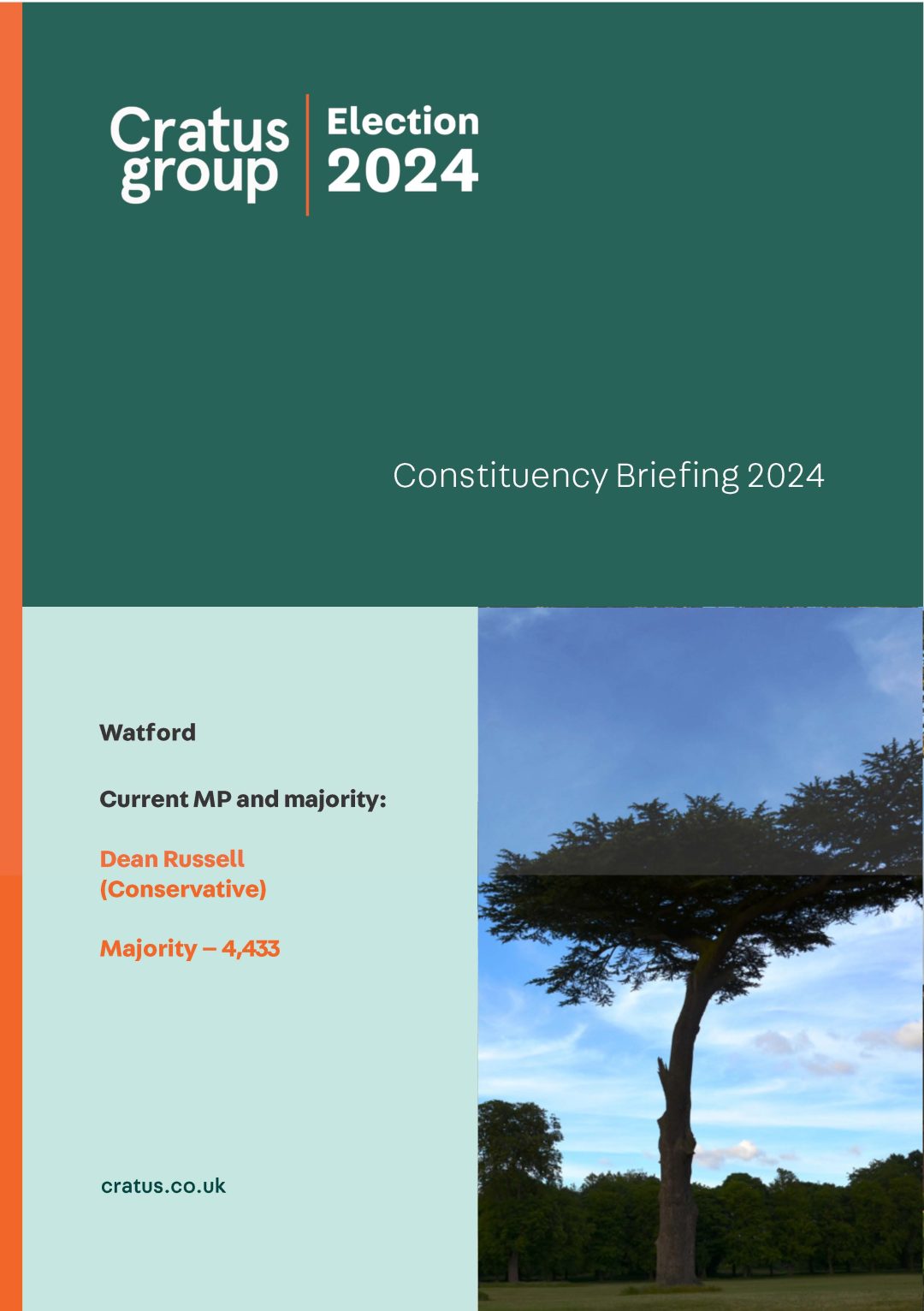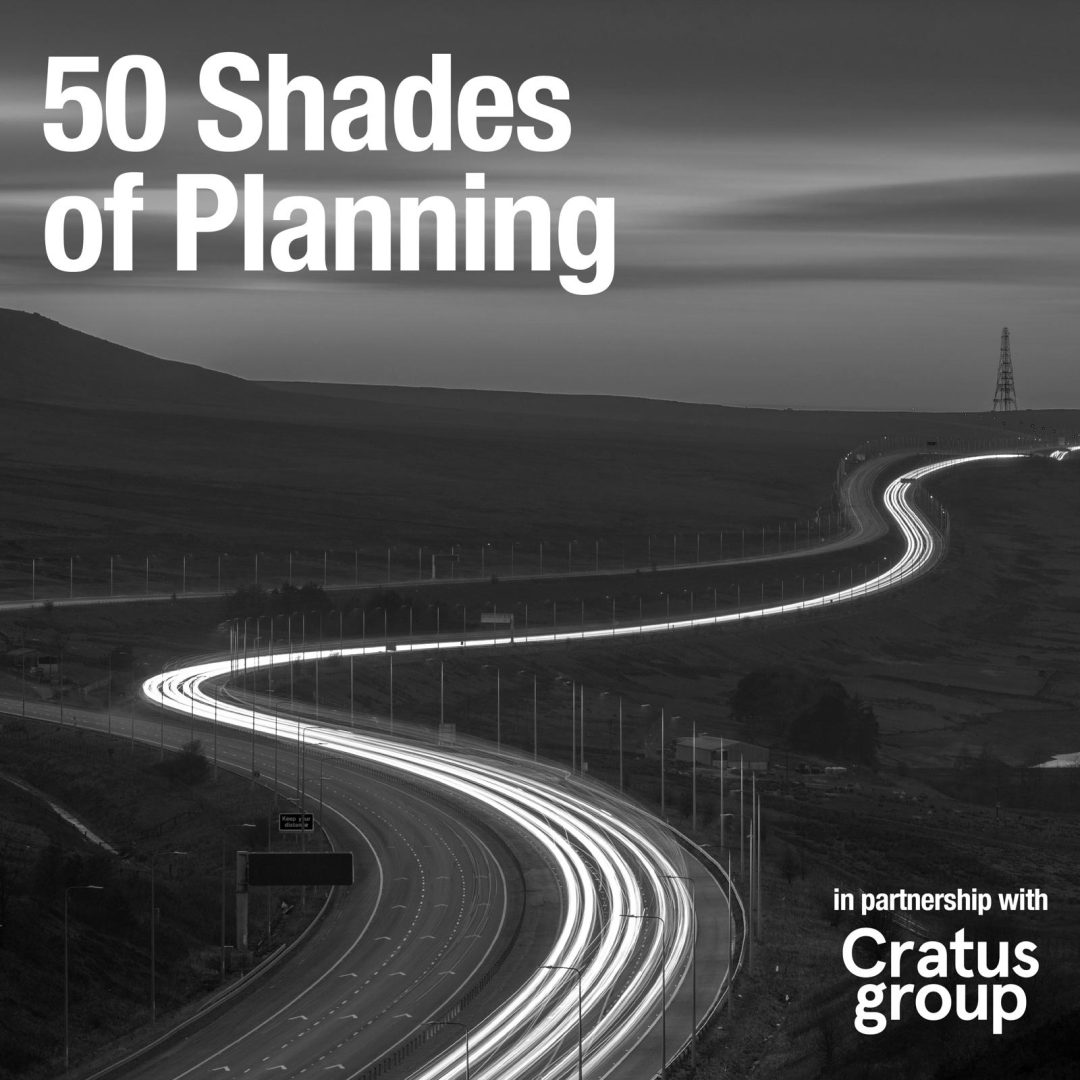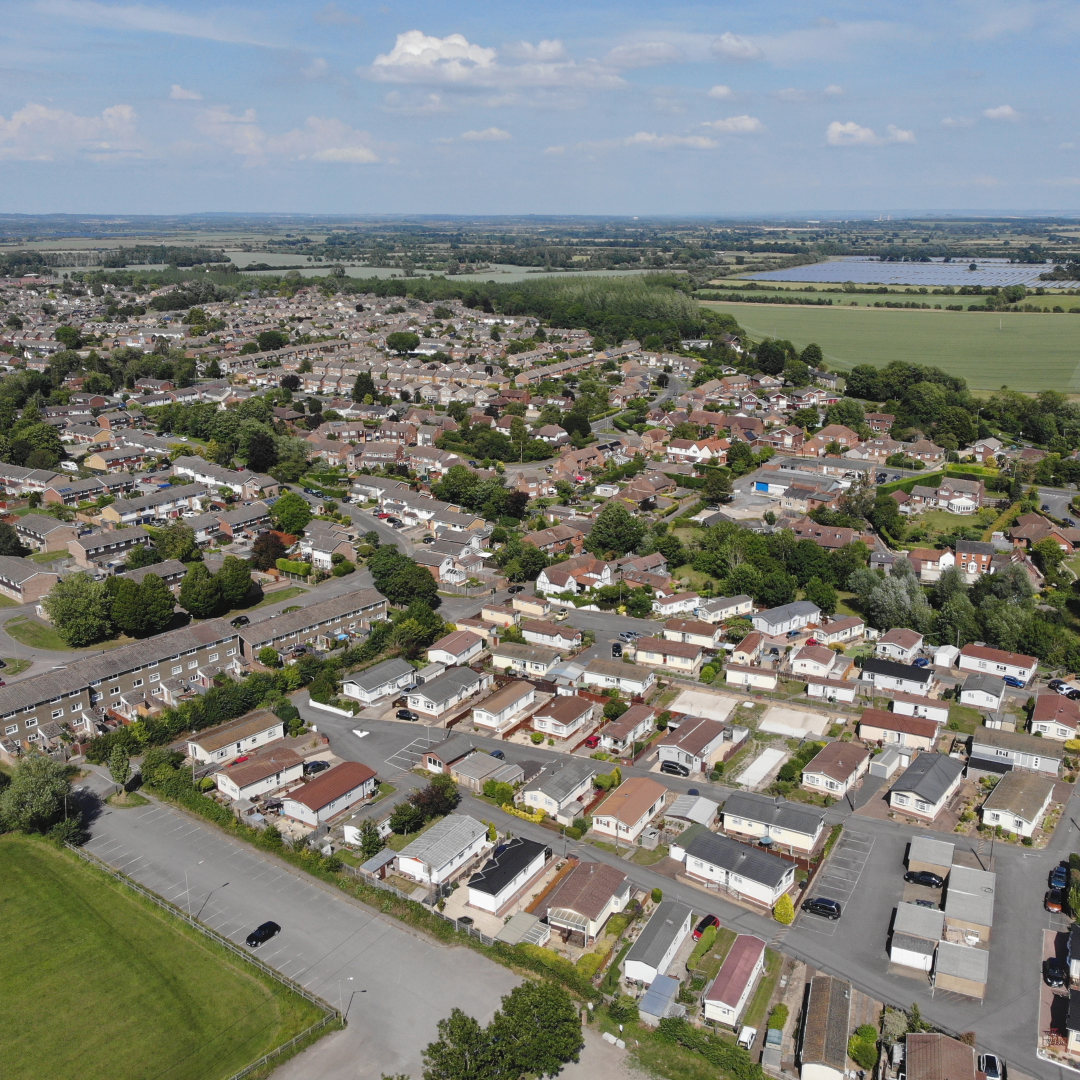A view from the north: Dreams of cities
Rob Chilton, Account Executive
In the UK, the status of a ‘city’ can be held by a unitary authority (such as Manchester), a borough within a county council area (such as Preston), a parish council within a borough (such as Ripon), or a body of charter trustees created specifically to preserve the existing rights of an abolished authority (such as Chester). City status confers no extra powers or responsibilities of itself and is merely a symbol of prestige for the area in question. There can potentially be some soft economic benefits, however, such as an increase in tourism or renewed interest from investors.
The awarding of city status in England and Wales has been a convoluted and contentious subject since the 19th century, after it was explicitly recognized that the presence of an Anglican cathedral did not denote the automatic right for a settlement to call itself a city, and that the former was not necessarily required for the latter.
Since the Diamond Jubilee of Queen Victoria in 1897, city status has been awarded sparingly by the government, usually during a year of significance for the Royal Family or the nation as a whole. A more recent innovation, starting in 1992, has been a competition, whereby interested councils can bid for city status on behalf of all or part of their authority’s area.
The list of towns and villages competing for city status on the occasion of the Queen’s Platinum Jubilee in 2022 has just been released, and it makes for interesting reading. For the first time, settlements in British Overseas Territories have been allowed to enter, with Gibraltar, Stanley in the Falkland Islands, and George Town in the Cayman Islands being notable entries.
The list is extensive, and in the North (where I am based) there are entries from Blackburn in Lancashire, Crewe and Warrington in Cheshire, and Doncaster, Middlesbrough, and Goole in the historic county of Yorkshire. In light of the new rules regarding Overseas Territories, there are also entries from Douglas and Peel on the Isle of Man.
For various reasons, all but Goole and Peel are very strong contenders, either because of their status (Blackburn is one of the very few remaining ‘cathedral towns’ in England without city status; Douglas is the sole borough and administrative centre of the Isle of Man) or size (Blackburn, Crewe, Warrington, Doncaster, and Middlesbrough all have populations over 100,000 – Warrington’s is over 200,000).
Other very strong competitors from across England are Reading in Berkshire, and Northampton, the county town of Northamptonshire, towns which are both much larger than many existing cities. Also, Guildford, the administrative centre and cathedral town of Surrey, has a strong case. As does the Borough of Medway in Kent, which lost the historic city status awarded to Rochester due to an administrative oversight at Medway Council’s creation in 1998.
Noticeable absences from the list this time are the Boroughs of Bolton and Stockport in Greater Manchester, and the London Borough of Croydon, all of whom have submitted entries to past competitions. It was previously cited, whether rightly or wrongly, that boroughs within city conurbations lack enough distinctiveness of their own to be considered, so this may have deterred them from putting in applications this time round.
Another notable omission is previous contender Luton which, with a population well over 200,000, is firmly in the bracket of one of the UK’s largest towns, along with Reading and Northampton. However, with Luton currently receiving financial support from the government, a city bid from them may not receive a favourable hearing at this stage.
To assuage nationalist feeling, it is likely that, as in previous years, at least one new city will be created in all the devolved nations, even though there is only one entry from Wales (albeit a strong one: Wrexham).
Although the decision will be informed by an expert panel, the final recommendations to the Queen will be made by ministers, so whilst some educated guesses can be made as to which entries are serious possibilities and which are not, the final result may prove an interesting reflection on the government’s geographic and political priorities.
We will have to wait until the spring to find out.
